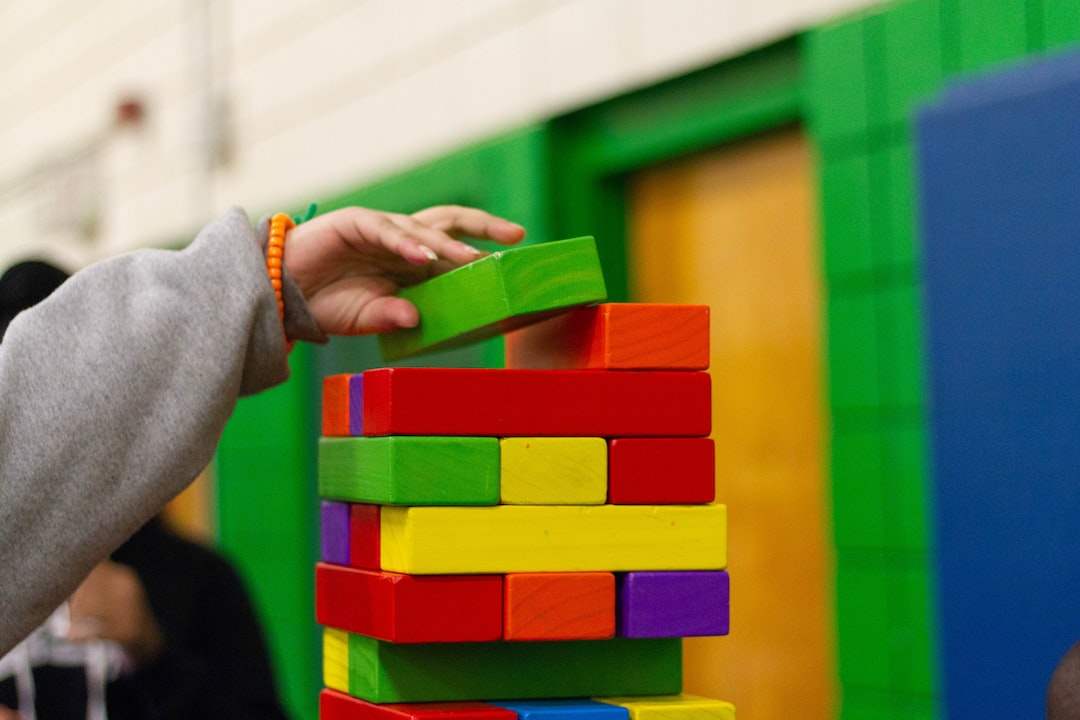Title: How Gaming Has Revolutionized Storytelling and Narrative Experiences
Introduction (100 words):
Gaming has come a long way since the days of simplistic pixelated graphics and limited narratives. Today, it is an immersive, interactive medium that has set new standards for storytelling and narrative experiences. With advancements in technology and game design, the gaming industry has successfully merged compelling narrative elements with enthralling gameplay, transforming video games into an art form that rivals traditional storytelling mediums like books and movies. This blog post explores how gaming has revolutionized storytelling, uncovering the ways in which it captivates players through its unique blend of interactivity and narrative depth.
1. Immersive Gameplay and Player Agency (200 words):
Gaming offers an unparalleled sense of immersion, allowing players to become active participants in the stories being told. Unlike other media forms, video games provide players with agency, offering multiple paths and endings that depend on their decisions and actions. This interactivity deepens the connection between players and characters, enhancing emotional investment and creating an embodied storytelling experience. As players navigate expansive virtual worlds and make choices that shape the narrative, gaming fosters a sense of involvement and personal investment previously unmatched in traditional storytelling.
2. Non-linear Narratives and Player-Driven Stories (200 words):
Gaming has shattered the linear narrative structure prevalent in books and movies. Developers introduced non-linear storytelling techniques that empower players to dictate the narrative’s direction. From open-world games to interactive dramas, players are given the freedom to explore captivating universes and interact with dynamic characters in a way that feels personalized. Whether it is uncovering tragic backstories, solving puzzles, or making crucial moral choices, gaming elevates storytelling by allowing players to immerse themselves in narratives that are responsive to their decisions and actions.
3. Emotional Connection and Character Development (200 words):
Gaming excels at creating emotional connections between players and the characters within its virtual realms. Whether it’s through breathtaking visuals, poignant dialogue, or powerful musical scores, video games have the ability to elicit a broad spectrum of emotions. These interactive experiences celebrate character development by allowing players to witness the growth and transformation of virtual personas in real-time. As players invest time and effort into completing quests and overcoming challenges, they forge emotional bonds with characters, forming attachments similar to those experienced in real-life relationships.
4. Transmedia Storytelling and World-Building (200 words):
Video games have expanded beyond the screen, venturing into transmedia storytelling and world-building. Popular game franchises develop intricate universes that transcend the gaming experience, extending into novels, comics, films, and television series. By crafting expansive, interconnected narratives across multiple mediums, gaming allows fans to explore the lore and history of their favorite games, creating a truly immersive and expansive experience.
Conclusion (100 words):
Gaming’s evolution over the years has revolutionized storytelling and narrative experiences. Through immersive gameplay, player agency, non-linear narratives, emotional connection, and transmedia storytelling, video games have showcased the ability to captivate audiences like never before. The fusion of interactivity and narrative depth has elevated gaming to an art form, attracting players and enthusiasts worldwide. As we move forward, it is exciting to imagine what new innovations gaming will bring to the storytelling landscape, solidifying its place as a rich and diverse medium that continues to push boundaries and challenge traditional notions of storytelling.
